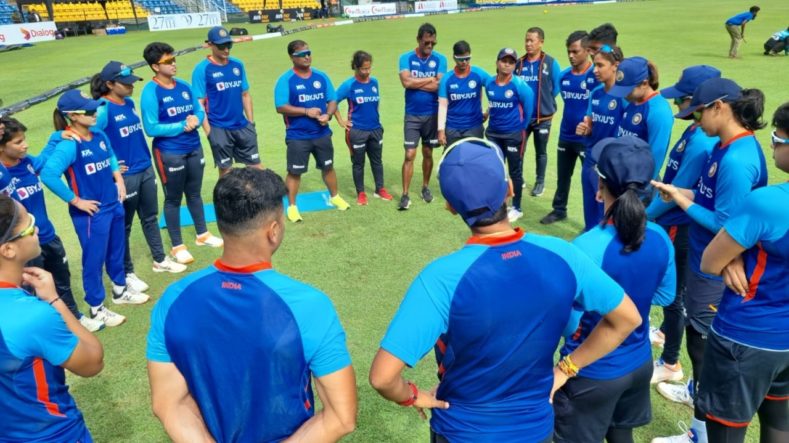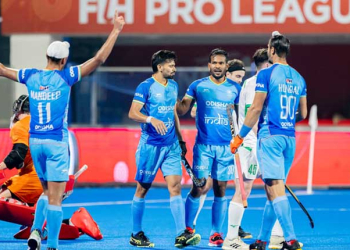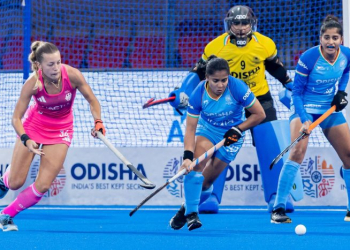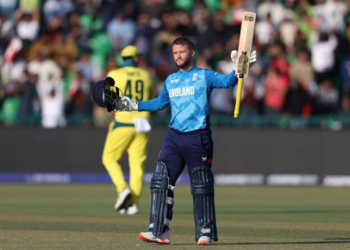New Delhi: The Commonwealth Games has always been a well-followed and covered event. Now with the inclusion of women’s cricket, the audience base is bound to increase.
The excitement has been evident amongst the players (cricketers) who will, for the first time, wear the Indian jersey bearing the logo of the Commonwealth Games. Though the oppositions will be familiar, the setting will be a bit different. As part of the Indian sports contingent, the feeling around will be new for all these cricketers.
For the India team, it will be a tournament where they will want to understand and focus on increasing their strengths. After a good series win against Sri Lanka, the team’s confidence will be high. While the Indian team has a good average age of players around 25-26, the experience of playing international cricket is something that will increase here on.
It is a team that might not see too many changes going forward from here till the 2023 T20 World Cup in South Africa. A player or two who might get noticed in the coming months with exceptional performances could just get added to the list of 18 that exists at present.
Women’s cricket in India focuses a lot on top-order batters primarily because the pool size of players in the country is still growing. If you can bat well then you should be batting in the top-three, if not then you are a contributor and you can be made to bat anywhere.
Specialising in a role is still a luxury. ‘Specialisation’ is a subject that has been introduced into the curriculum, but only a few have access to it — access to understand and employ it in their respective games.
It will come as the demands of the game grow along with the expectations from the players to deliver at the same pace. Not so easy or simple for players, but their strides will need to be bigger to meet the pace.
The Indian women’s team stares at the challenge of settling their batting order in the shortest format of the game. Who bats where and when? Unlike the men’s team, which has luxurious bench strength to push the ones playing ahead of them, the women’s team has not yet reached that stage.
Apart from the two openers in Smriti Mandhana and Shafali Verma, everyone in the team enjoys ‘flexibility’. Captain Harmanpreet Kaur, who bats at No. 4, can promote herself after a good start or hang back after Jemimah Rodrigues or Yastika Bhatia. Pooja Vastrakar is a utility all-rounder and could be looked at batting higher up in the order. The bowlers’ list will also determine who bats where.
India enjoys the luxury of having all-rounders but the point here will be their effectiveness in the English conditions. Who can utilise the conditions in Birmingham the best? Most of these players have spent a summer or two in the UK and should be familiar with the changing weather.
Australia, Pakistan and Barbados are in the Pool with India. England, New Zealand, South Africa and Sri Lanka are in the other group to compete for the top-four semifinal clash. Australia women, since winning the 50-over World Cup in New Zealand in April, have had a break. They will be coming off a series in Ireland, which also featured Pakistan. England and South Africa have been playing a series for over a month.
I always wanted to be a part of such a sporting spectacle. Sports and a podium finish are correlated. As a child, for me it was about ‘you play, you win, you stand on the podium and get a medal’. Cricket has had winners and runners-up. But from now on, cricket can also have the same correlation that I admired as a child.
Let the Games begin.
(IANS)


















